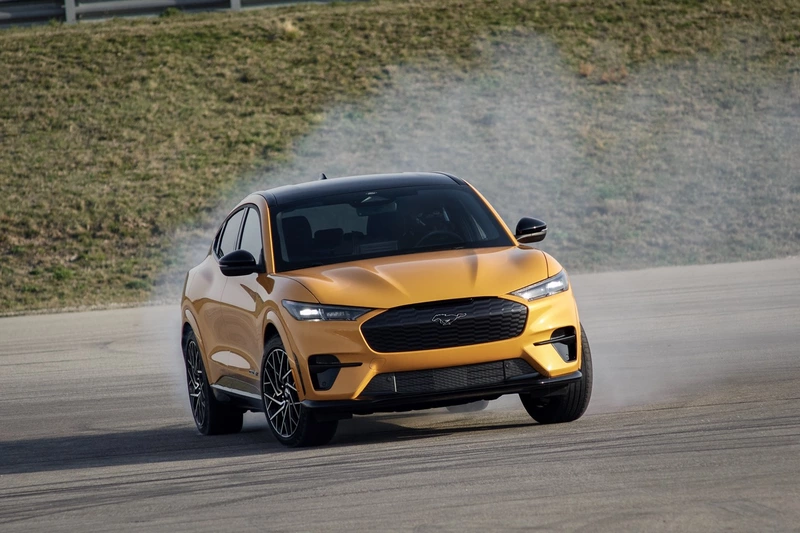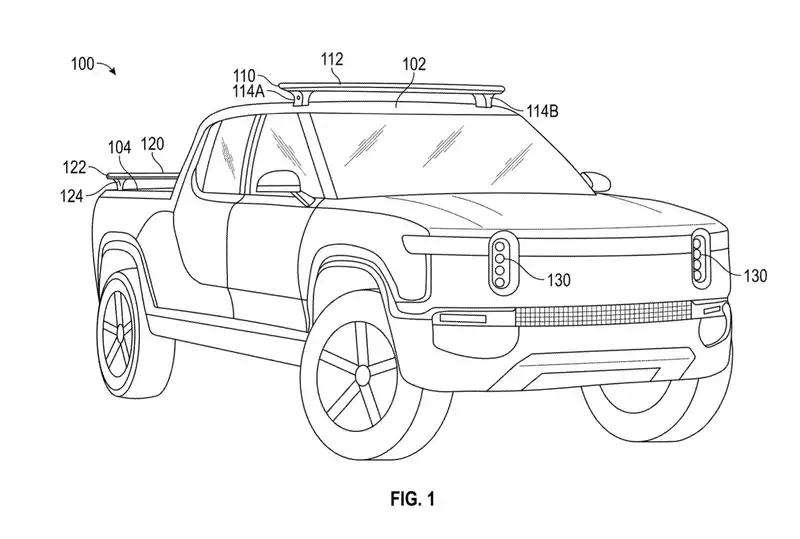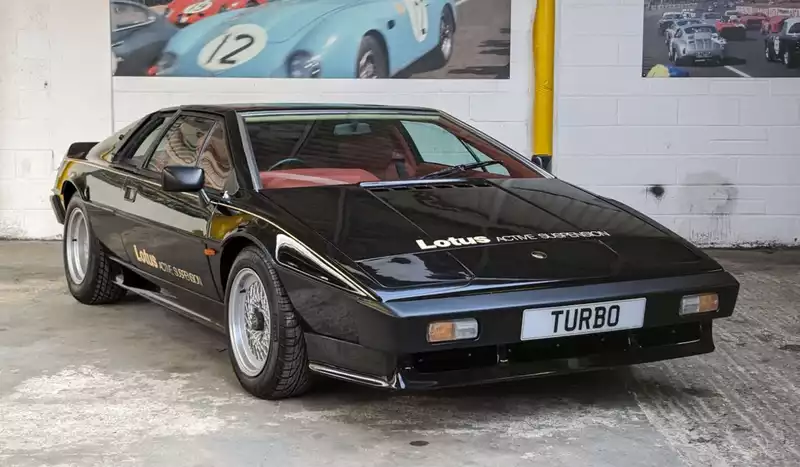Ford will increase production of the Mustang Mach E EV and lower the price.

On Monday, Ford cut the price of its 2023 Mustang Mach E and ramped up production of its electric crossover SUV.
Prices dropped across the board, although some versions get bigger reductions than others. The base Select rear-wheel-drive model, the Standard Range, was reduced by $900 to $47,495, including a $1,500 destination charge. For the all-wheel drive model, the price reduction is only $600, bringing the MSRP to $50,495.
The higher-end models will see even more substantial price reductions. The base price for the California Route 1 with all-wheel drive and extended range battery pack drops $5,580 to $59,495 including destination, and the premium standard range drops to $52,495 with rear wheel drive and $55,495 with all wheel drive from $52,495 for rear-wheel drive and $55,495 for all-wheel drive, a reduction of $3,980 and $3,680, respectively. Ford also reduced the price of the Extended Range battery by $1,600 to $7,000.
The all-wheel drive Mach-E GT Extended Range will see the biggest price cut of $5,900, dropping its base price to $65,495. However, the GT Performance Package remains unchanged at $6,000, and the Night Pony Appearance Package is also $800.
Existing customers awaiting delivery will automatically receive the lower price, and Ford will contact customers who plan to sell after January 1, 2023, and already own the car directly, the automaker said in a press release.
Notably, despite marketing the Mach E as a crossover SUV, the standard range Mustang Mach E is placed under the latest federal EV tax credit limit of $55,000 for passenger cars. Extended Range models are not yet eligible for the tax credit.
Ford is also increasing production of the Mach-E: 78,000 electric crossovers were produced in 2022, and the company is targeting 130,000 in 2023, a spokesman told Motor Authority.
The increased production and lower prices have been made possible by a stronger EV supply chain, the Ford release said. Ford and other automakers have blamed a string of EV price hikes in 2022 on supply chain issues; multiple price hikes for the F-150 Lightning led to a 38.9% higher base price for the pickup in December 2022 than at launch.
There are now signs that the price increases for EVs are easing. Earlier this month, Tesla cut prices across the board on its lineup, offsetting a series of price hikes in 2022.




